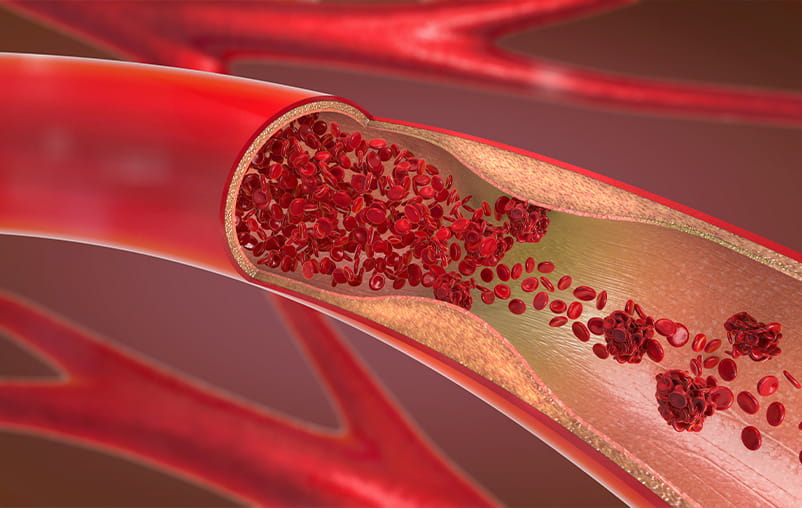While common symptoms such as irregular periods, excessive facial hair growth and acne might not seem related, they are sometimes linked to Polycystic Ovary Syndrome or PCOS. This disorder effects 1 in 10 women of childbearing age. PCOS is caused by an imbalance of reproductive hormones and is the most common endocrine disease in women ages 15 to 44.
What are the symptoms of PCOS?
PCOS symptoms come from the syndrome throwing your hormones out of whack. The most common symptoms of PCOS include:- Irregular periods
- Excessive hair growth on the face or chin
- Severe acne
- Thinning hair or hair loss
- Infertility
How is PCOS Diagnosed?
“The exact cause of PCOS is unknown,” says Dr. Katherine Kostroun, a third year obstetrics and gynecology resident at UT Health San Antonio. “However, there is thought to be a genetic link because it tends to run in families,” she says. A PCOS diagnosis can come from having any two of the following:- Irregular periods: Less than 21 or greater than 35 days between the first days of your periods
- Hyperandrogenism: signs of excess male hormone such as hair on your upper lip, chin, or abdomen, severe acne, hair loss on top of your head, or elevated lab results such as testosterone
- Enlarged ovaries and follicles (fluid sacs) that surround the eggs. These are typically found during an ultrasound performed by your doctor.
What is the treatment for PCOS?
There is no cure for PCOS, but you can manage the symptoms. The most common treatments for PCOS include:- Birth control pills, which help regulate the menstrual cycle and can help with symptoms of hyperandrogenism (high male hormone levels)
- Metformin, which is often used to treat type 2 diabetes, may help some women with PCOS symptoms. It has been shown to lower your blood sugar and can lower both insulin and androgen (male hormone) levels.
- Letrozole can help induce ovulation to improve pregnancy rates and combat infertility
Is PCOS linked to other health problems?
According to the Office on Women’s Health, studies have found links between PCOS and other health problems. It is unknown if PCOS causes some of these problems, if these problems cause PCOS, or if there are other conditions that cause PCOS and other health problems. These health problems can include:- Diabetes
- High blood pressure
- Unhealthy cholesterol
- Sleep apnea
- Depression and anxiety
- Endometrial cancer
Can I take steps at home to improve my PCOS symptoms?
Dr. Kostroun says, “Although there is not a way to prevent PCOS and there are many PCOS patients with normal BMIs, living a healthy lifestyle that includes diet and exercise and maintaining an ideal weight can help prevent many of the outcomes of PCOS.” Some ways you can improve your PCOS symptoms at home include:- Maintaining a healthy weight can reduce insulin and androgen (male hormone) levels.
- Being active can help lower your blood sugar
- Removing unwanted facial hair with creams or laser hair removal
When should I see a doctor about PCOS symptoms?
You should see your doctor if:- You have missed periods and you are not pregnant.
- You have any of the symptoms listed above.
- You have been trying to get pregnant for more than 12 months and have not been successful.
- You have symptoms such as excessive thirst or hunger, blurred vision or unexplained weight loss/weight gain.
Women's and Children's Hospital
Our Women's & Children's Hospital is dedicated to serving the unique health needs of women, babies and children.




